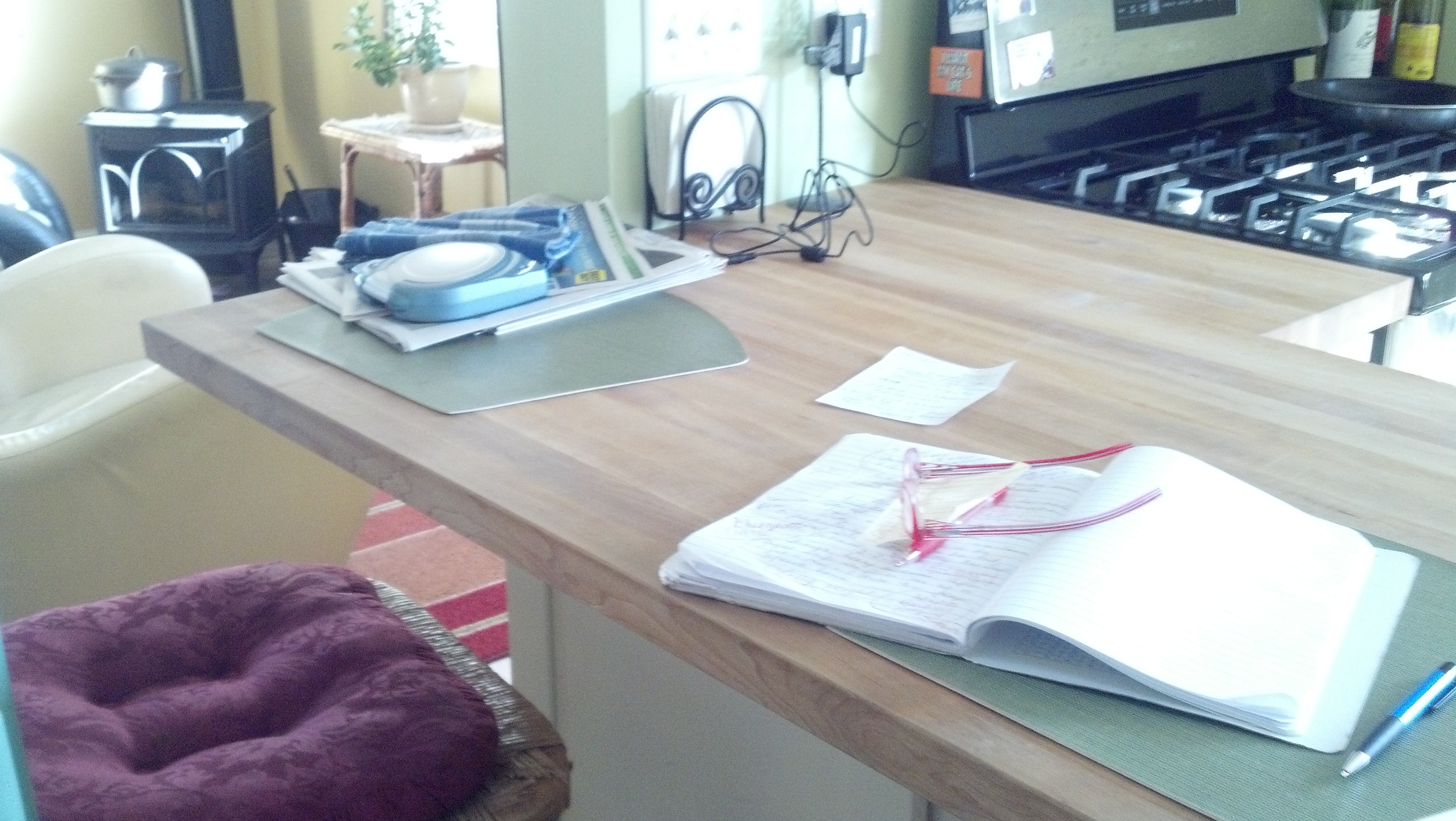Sharing Your Writing Drafts? Here's My "No" List
When Should We Share Our Writing Drafts? And with Whom?
This morning, as I started yet another round of edits to my novel in progress, I thought, “Couldn’t I just hire someone to read and edit for me? Let them scribble all these notes and reminders in the margins.
By outsourcing, wouldn’t I fast-track the process from scribble-y draft to almost clean manuscript?
No. I’m not even close to the share-able state yet. Plus, I’m pretty reticent about sharing any of my works in progress (WIPs).
Finally, as a writer with a day job, I rarely or never have the time for weekly or monthly manuscript swaps or meetings with other writers.
Sharing Your Writing Drafts: Here’s My “No” List
The Unempathetic Person - Especially if you’re writing about something highly personal, painful or traumatic. In this case, be extra, extra, extra vigilant about who gets to see or preview that generative writing or those early drafts. For a start, let’s borrow from Brené Brown here and avoid anyone who may respond to your story with, “At least.” You know these folks. You reveal a personal story and they respond with sentences that begin with, “At least.” (At least you had a house to get foreclosed on/past-due food to give you food poisoning/a partner to fight with you.)
It’s hard enough to write from a place of pain. Don’t add to this hardship and pain by giving your writing draft to … well … a self-centered pain.
The Family: Some family members can and will read your writing with an open mind. Others cannot or will not, and will (a) insert themselves into your story (“isn’t this character based on me?”) or (b) assert that their version or memory of this event is the only and better version or (c) be incapable of separating you, the kid, the sibling or the cousin, from the accomplished, grown-up writer that you are now.
Two tips: (a) Don’t share generative or early-drafts of the work with a family member. Wait until you’re close to final draft (b) be clear with yourself and your family why you’re sharing and what exactly you want that family member to do in their post-reading response to you.
The Limited, Tone Deaf Person: Here, I’m talking about someone whose life experiences or reference points are so limited or privileged that they can’t even try to “get” your story or poem—let alone give those pages a fair reading. For example, a few years ago, after several back-and-forth emails, an acquisitions editor and I hit an impasse. They liked the writing. But they didn’t get what was story-worthy here. On a hunch, I turned to my old buddy Google. Ding! There it was: a set of this person’s own writings that were so social-class-bound and tone-deaf to contemporary headlines that, frankly, I should have known better than to submit here. The good news: As kids, most of us started reading because it opened the doors to a world that was foreign from ours. So most beta readers or potential editors can and will make the comprehension or cultural leap.
But a few cannot. Or won’t.
As well as these three, let’s not forget Willie Nelson’s rules or personal “No” list.
As we decide how soon and with whom we choose to share our writing drafts, Willie’s list of outlawed behaviors is a good guideline for us.
In the above three-point list, have I missed anyone?






